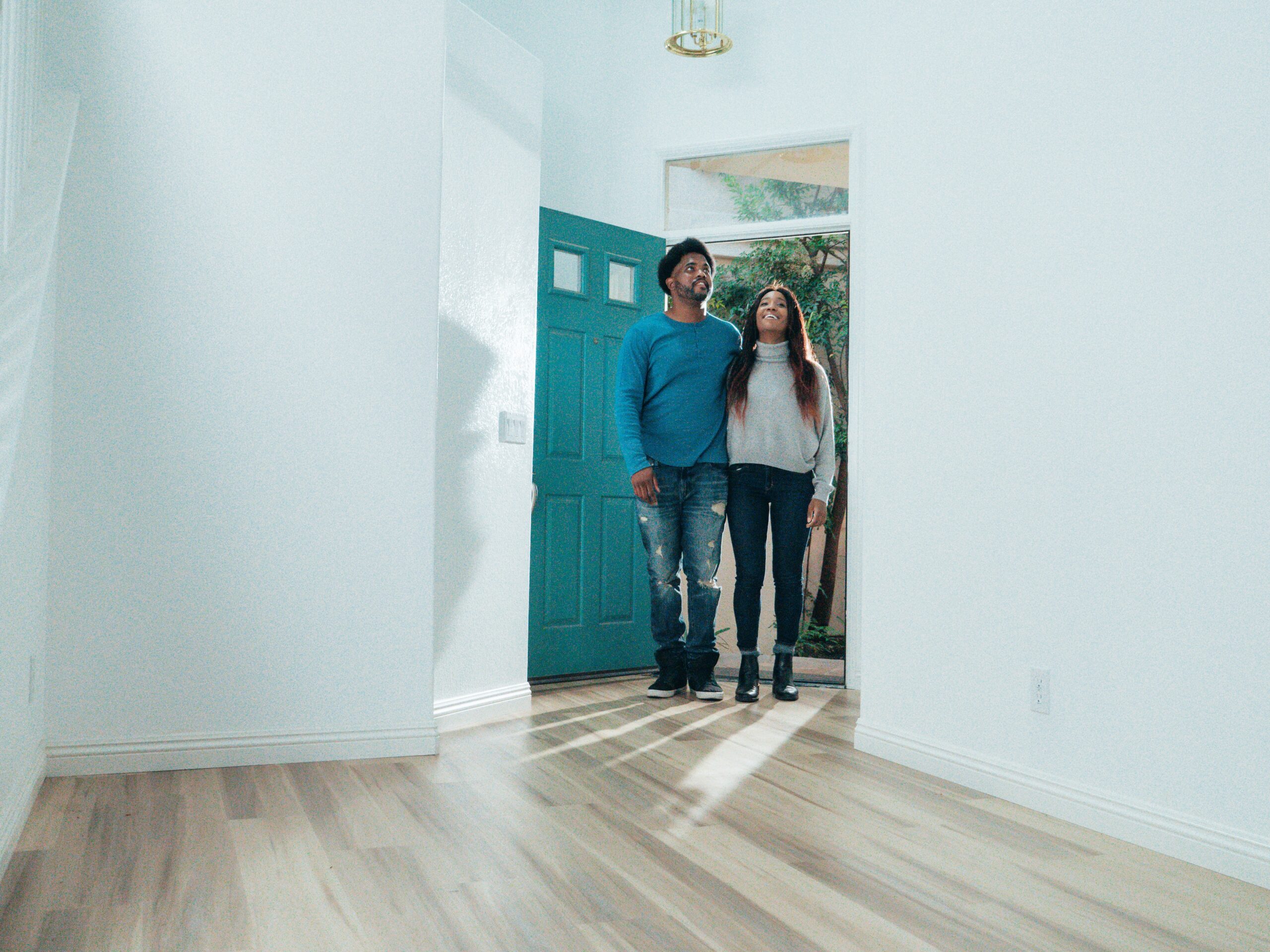COVID-19 pandemic taught us the risks of living in rented accommodation. You can be asked to leave anytime without any second thought, people are renting their homes for a second income or even it’s a one and only income resource of many people and when you can’t afford to pay for the accommodation you’ll have to leave.
Most importantly people are also learning the importance of investing in their own home, they are realizing the importance of having real estate in their investment portfolios. However, there are some pros and cons of investing in real estate during the coronavirus pandemic.
In 2020, the Indian real estate market was projected to recover, with developers adjusting to multiple structural changes and introducing more buyer-friendly products as a result. However, COVID-19 or Coronavirus pandemic has pushed back the resurgence by a year now.
As a result of the pandemic, mortgage rates have reached all-time lows, and demand for real estate has skyrocketed. But that doesn’t mean you can go out and buy a house right now.
To prevent you guys from the stress of owning a house you can’t afford, I came up with this informative home buying guide. This guide has four rules; ideally, you should follow all four, but if not, then at least one.
1: Don’t spend more than 35-40% of your gross income on a monthly mortgage
The industry standard is that your monthly mortgage payment does not exceed 35-40% of your gross income. However, as mortgage rates continue to fall, many people will be tempted to pay more than this which should be a BIG NO!.
If you keep your spending as a percentage of gross income constant, you can already spend more on a home while prices are lower. When you cross the rule to buy a more costly home or maybe to lower the tenure of repaying, you would be in real danger.
Coronavirus sure taught us that nothing is certain in your life, especially not your job. The joke is on us people, let’s agree that a majority of people are recovering from a job loss and repaying their loans from their savings which is not an ideal situation. God forbid, but If you ever go through such a situation you would want to have a lower monthly EMI rather than a large some that you decided to go with when you had a job.
Online calculators are super helpful and easy to use, you can use an online Mortgage Calculator to calculate your mortgage loan and break down the monthly installments and interest that you would need to pay throughout the loan period.
2: Save at least 20-30% of the home value beforehand
When it comes to mortgage loans, the maximum amount you can borrow is set by law at 80 percent of the property value. You must have the remaining 20% on your own; this is called a down payment. Before approving a loan, certain lenders require the borrower to have a 15% down payment.
The reason behind 20-30% saving beforehand is that the down payment does not include other expenses such as property registration, Property Tax, or any minor renovation. It’s better to be safe than sorry, so I would suggest you start saving if you haven’t yet.
3: 6 Months EMI Reserved
Once again lessons taught by COVID-19, always have at least 4-6 months EMI reserved not only for a home loan but for any loan you have. We don’t know when our boss decides to fire us maybe decrease the paycheck due to any ABC reason. We can fall ill and have to take a break from our job, you never know.
It’s a best practice to have 6 months’ EMI saved up so don’t have to take another loan to repay your home loan. Keep in mind any default on your EMI can impact your Civil Score negatively.
4: Emergency Funds
Life is unpredictable, and no one can plan for unexpected costs such as medical bills, family functions, job loss, and so on. Financial planning isn’t complete until you have enough money in your emergency fund to cover six months of living expenses. You may put this money into short-term financial instruments that are easy to liquidate, such as bank FDs and mutual funds.



